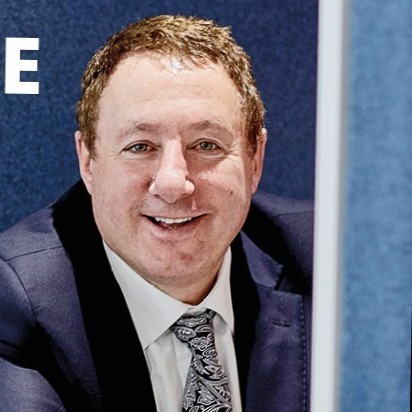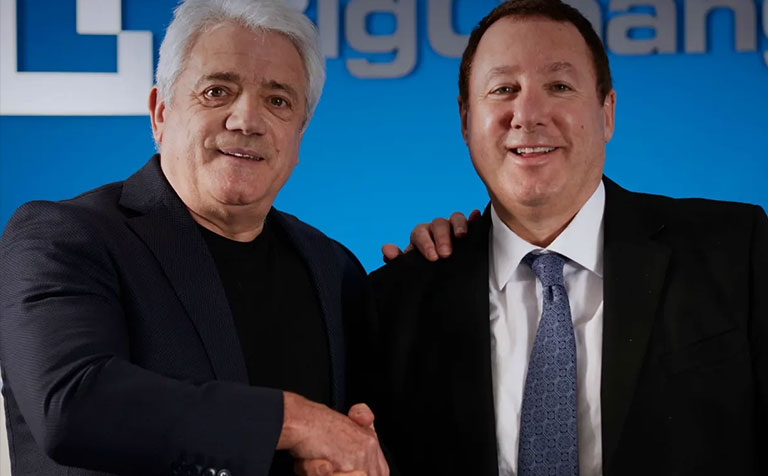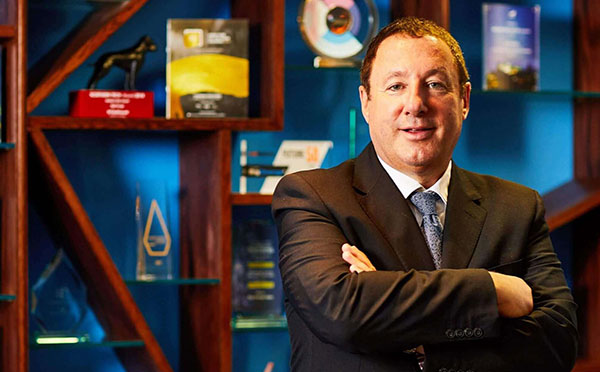CEO’s Blog – The pain and sorrow of recruitment
As an entrepreneur, you face new and complex challenges all the time. But however hard you try, there’s just one problem that never goes away. How to consistently find enough brilliant people to meet the demands of a growing business…
I know this is an age-old problem but it’s one of my biggest sources of frustration right now. I don’t think there’s ever been a tougher time to recruit people. Unemployment is at a record low in this country; just 4pc of the population is out of work. That’s great but it also means that competition for staff is at an all-time high. No wonder wages are rising at their fastest rate for almost a decade right now.
I feel as though I’m personally responsible for a good chunk of that salary rise, by the way. Not because I’m paying over the odds for our people at BigChange but because of the sheer number of people who have applied for a job here, only to be offered an extraordinary pay rise by their current employer to keep them. Around 60pc of the people we try to bring on are lured back by an offer they can’t refuse: more money; a better job title; and very little extra work to do to earn it.
It takes a very special kind of person to leave a steady 9-5 at a big company to work at a fast-growth start-up like ours. I don’t sugarcoat it for prospective staff either. The hours can be long, and the role is always varied. We pay well and there are great perks, but if you just want to clock off early, this isn’t the place for you.
We need to recruit three or four people a month to meet the needs of this growing company. These roles are across the business, from customer services to sales, development to professional services. We’re even trying to recruit a HR director to help expedite all the other hiring we need to do (does this sound like you? Drop me a message).
Right now, we are spending around eight hours on each new prospect, which is a huge waste of time when they go back to their existing employer, who panics and promises them the earth.
I’m trying to work out how to solve this problem, and increase the proportion of candidates that turn into team members. So this is my new strategy. I’m going to throw money at the problem. If we don’t use an agency, which means we can raise our salary offers by 15-20%. We currently incentivise our team members to recommend new people by giving them £500 for each new hire. I’m raising this to £1,000. I’ve got a copywriter putting together a full-page job advertisement to run in the local paper. We need to be better at shouting about all the opportunities here: many of our people have gone from a starting salary to £50,000 within four years. That’s got to be attractive idea, right?
We have also started hiring more people than we need for certain roles, and opting for starters who are bit more junior or less experienced, and training them up in-house. I’m planning to start attending more job fairs, and using social media – like LinkedIn – to source great talent. We already give out a wave of share options to existing employees each year but perhaps that would be a sweetener for new starters too? Am I missing anything? If you have any ideas, I would be delighted to hear from you.
There are 90 people at BigChange right now. These people are my priority. I don’t want them to get stressed out and overworked because we can’t hire enough new team members. At the same time, you only want to employ the right people for the business. We don’t want people who are being forced out of their last job because of issues there. We want the people who are at the top of their game, and excited about the next chapter of their career.
Recruitment is a major challenge but I’ll tell you this: I’m not revising any of my growth plans for BigChange. We’re going to keep going, winning new business and punching above our weight in our sector. I just hope that we find the solution to our people challenges soon, or I’ll just have to start cloning the stars in my organisation… Actually, is that an option?

Martin Port
Founder & CEO



